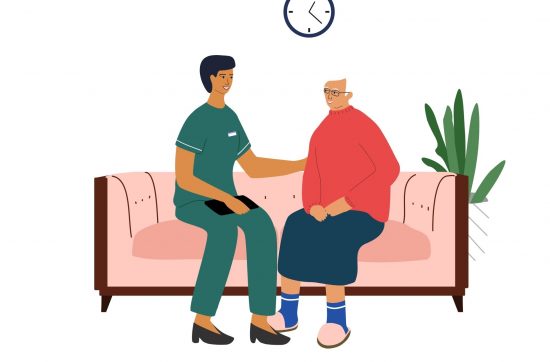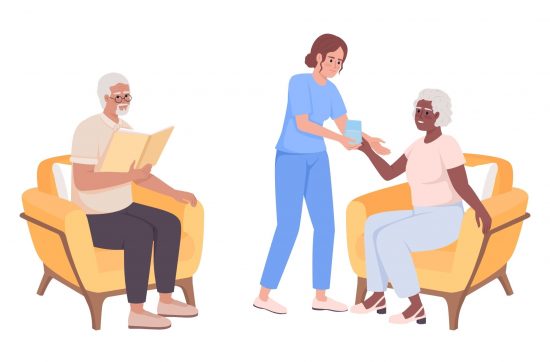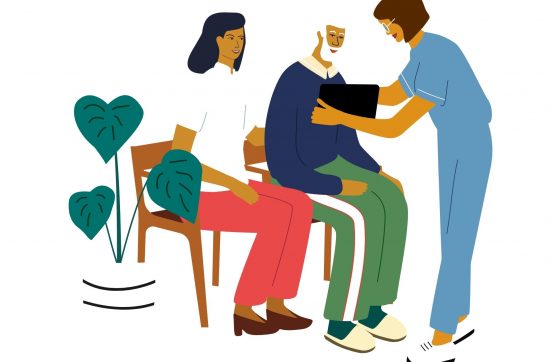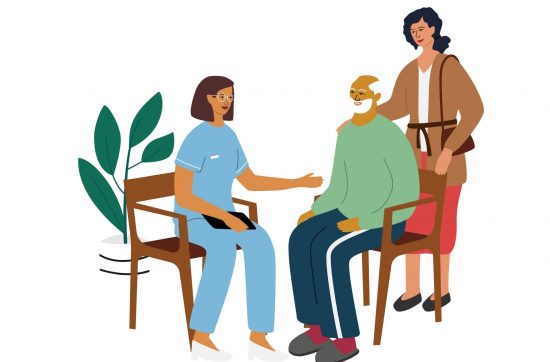Over View
Mental health complexities services refer to a range of specialized support and interventions designed to address the multifaceted needs of individuals facing complex mental health challenges. These services recognise that mental health issues often intersect with various other factors such as trauma, substance abuse, physical health conditions, socioeconomic factors, and cultural backgrounds






